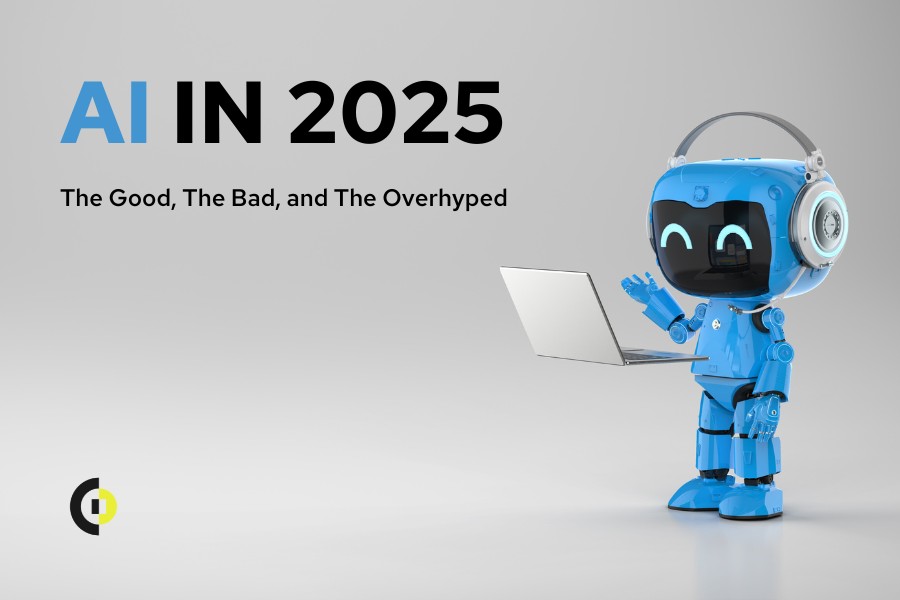For most customers, navigating insurance websites is an overwhelming experience. They often have to dig through multiple pages to find the right product, manually calculate premiums, and struggle to understand which policy best suits their needs. The buying process is rarely intuitive, and the lack of personalized guidance leaves many potential clients frustrated or hesitant to complete a purchase.
Surprisingly, in 2025, many insurance companies still have not adopted AI chatbots, virtual assistants, or predictive analytics. While sectors like retail and banking have fully embraced AI to deliver personalization at scale, the insurance industry lags behind. This is puzzling, given how much customer trust, satisfaction, and retention depend on clear communication and tailored offerings.
AI as a Game-Changer for Insurance
AI technologies have the potential to completely reshape how insurers interact with their customers. An AI chatbot can handle natural, human-like conversations, offering instant responses to questions, guiding users through complex policy structures, and calculating premiums in real time. Beyond simply providing information, AI can recommend the most suitable insurance products based on the customer’s profile, preferences, and past interactions.
In addition to chat-based solutions, voice-enabled AI assistants can manage a large volume of routine customer calls, reducing the workload on human agents while still ensuring a high-quality service experience. These systems can seamlessly handle inquiries, process simple transactions, and escalate complex cases to human operators when necessary.
Predictive Sales and Smart Recommendations
Instead of asking: “Do you have some additional requests?” your customer will chat with the Virtual Concierge and get a suggestion like “Hey, Maja, I am sure that a person like you would not miss the oThe real power of AI in insurance lies in its ability to turn data into actionable insights. By analyzing customer behavior, past purchases, and engagement patterns, AI can identify which customers are most likely to buy additional products or renew their policies. Predictive models can go even further, recommending the best time to reach out to a customer, the optimal channel for communication, and the specific product that meets their needs.
For example, an AI system could flag that a customer whose car insurance is expiring in 30 days is also a good candidate for travel insurance, based on their previous travel patterns. It could then suggest a targeted offer to the sales team or even trigger an automated message to the customer. This level of precision enables insurers to shift from reactive to proactive sales strategies, boosting conversion rates and strengthening customer relationships.
Security and Data Protection – Building Trust
Adopting AI does not have to mean sacrificing data security. Modern AI solutions can be deployed in secure, private environments where all sensitive data stays under the company’s control.
Large language models (LLMs) can be hosted on internal servers or trusted cloud infrastructures, ensuring compliance with regulations like GDPR. By implementing proper safeguards, insurers can leverage AI’s power while maintaining the highest standards of privacy and security.
Conclusion
Insurance companies are sitting on vast amounts of valuable data. Those that use AI to harness this data can deliver personalized experiences, smarter sales strategies, and more efficient operations. In a competitive market, leveraging AI is no longer an option – it’s becoming a necessity. The insurers who act now will define the future of the industry.





